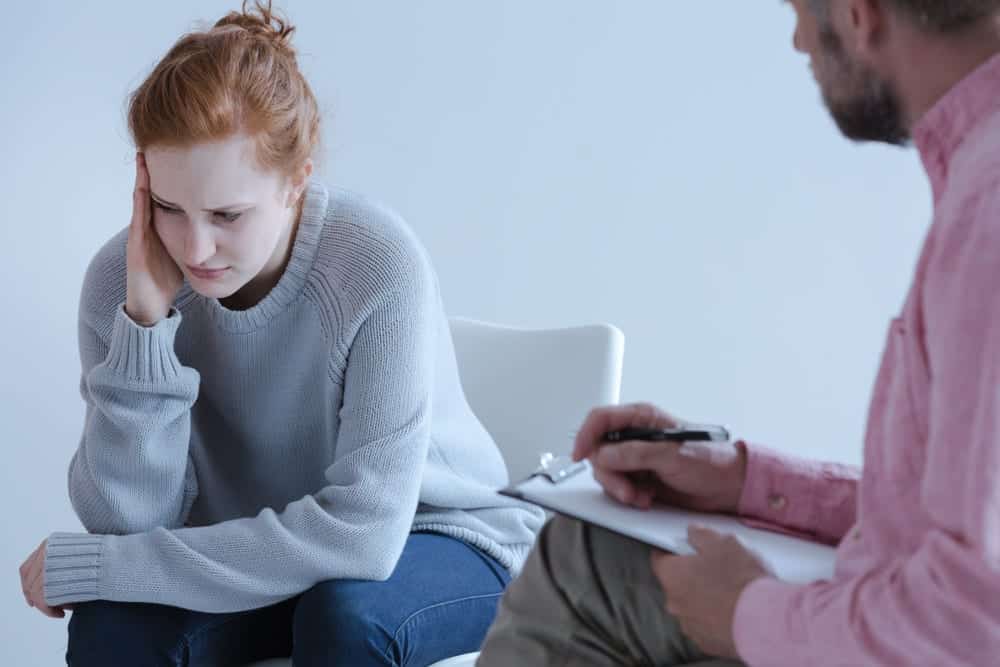BEACHSIDE TEEN TREATMENT CENTERADHD
Commonly known as ADHD, Attention Deficit Hyperactivity Disorder is a brain disorder associated with hyperactivity, impulsivity and/or inattention. The condition invariably affects the child or teen by interfering with their functioning or development.
What is Teen ADHD?
Attention deficit hyperactivity disorder (ADHD) is a relatively common childhood condition. ADHD affects approximately 10 percent of children and teens. The disorder is more prevalent in boys than girls.
Symptoms of ADHD IN TEENS
When diagnosed at an early age, ADHD presents itself as hyperactivity often confused with a child “just being busy”. A child with ADHD is often very restless and “can’t sit still”. Older children and teens can also struggle with ADHD leading to impulsive actions, an inability to focus, impatience and restlessness.
The three most common symptoms or signs of ADHD in teens are:
Hyperactivity – Those with hyperactivity display an ongoing movement or fidgeting action, they are restless even when resting. Teens with ADHD often have difficulty remaining in one place for a set period of time, often talking excessively or creating excessive movement and more often becoming disruptive at school, at family gatherings and at social events. The hyperactivity can lead to a child being seen as naughty or “different” when in fact this is not the case.
Impulsive Behavior – Teens with ADHD may often make decisions without completely thinking them through. The potential outcomes of these ill planned decisions can lead to potentially harmful results or undesirable outcomes. A teenager with ADHD may be impulsive and have difficulty delaying their gratifications, preferring instead an immediate reward or recognition.
Inattention – Inattention is a common symptom in teens with ADHD and one many parents or teachers notice fast, the inattention leads to disruptive behaviour in the classroom for example. It occurs when a person commonly loses focus and has great difficulty staying with or completing a task at hand; unfinished work or projects are commonplace. Those with this symptom often mentally wander and are generally disorganized.
Teenagers with ADHD often face difficulties with studying and maintaining focus in school, leading to lower grades. They may be easily distracted or have difficulty following rules, and adhering to authority. Losing things, forgetting appointments or failing to complete chores are common signs to look out for.
Treatment AT BEACHSIDE TEEN TREATMENT CENTER
Presently, there is no cure for ADHD in teens; however, there are a number of effective treatments available. Early detection of ADHD in teens is critical to avoid future problems and issues later in life.
It should be noted that treatments that work for one person with ADHD might not work for another. For many teens, the treatment for ADHD is a combination of both medical, using drugs such as Ritalin, Adderall and Concerta, as well as behavioural therapy.
Untreated, ADHD in teens can lead to problems later in life. There is no shame in having ADHD and the correct treatment will become part of living a more full and complete life. Time spent treating or understanding ADHD in teens can bring about improved living for both the patient and those in contact with the patient.
Beachside Treatment Center and ADHD in Teens
Beachside Treatment Center has a qualified and experienced team of professionals to properly and fully evaluate and treat teenagers who have been diagnosed with ADHD. As a specialist mental health facility, Beachside Treatment Center provides individualized ADHD programs designed specifically for teenagers, delivered in a calm and relaxed atmosphere.
ADHD in teens does not have a “quick fix” solution and a course of professional treatment over a period of time is required. The Beachside Treatment Center team treats each case individually to ensure the very best results.
Contact Us
Our dedicated team is ready to answer your questions.
Give us a call, or request a call back:



